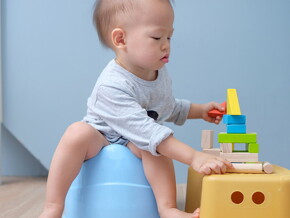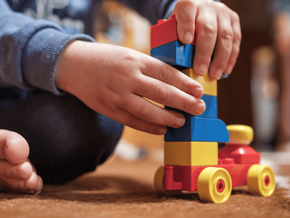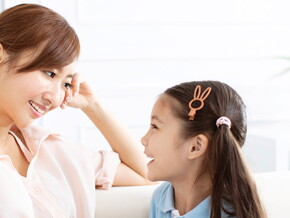
Getting Ready for Nursery or Kindie
Motivate them with what they have in store at the kindie
For some, this can be a nerve wrecking time. The reasons behind this are many. From anxiety and worry over leaving your child at a stranger's place to a working mum's guilt of sending her child off at such a young age to a nursery or kindergarten.
But we need to be practical and figure out ways to make this a little bit easier, for both you and your little one. The following might help but always remember there isn't a perfect solution. So just do your best and have faith that it will turn out right.
- Visit the nursery or kindergarten prior to the first day so that your child may be accustomed to the surroundings and also observe a class in progress.
- Let your child meet up with their own peers who have recently started nursery to excite them further.
- Motivate them with what they have in store at the kindie such as playing fun games, making new friends, learning new things and many more activities.
- Start establishing routines at home that might enable your child to adjust better when he or she starts nursery. Perhaps talking through an average day in nursery and what it might entail might help. For example, go through the timetable for the day, from the time they wake and get ready for school, right up to when they return and take a nap. Also, don't forget to try and ensure your child is potty-trained, as this would help the child feel more independent (or more grown up) and comfortable.
- Other abilities that might be beneficial include learning to tie their own shoelaces, practicing break and lunch times according to that of the nursery and getting acquainted with social skills especially if he or she is the only child.
The above are quite basic and there are many more that might prove to be beneficial. But always try to encourage your child to talk to you and try not to pressure them. While it may be difficult for you to let go of your child, it also difficult for them to let go of their mommy.
Disclaimer: This content is shared for informational purposes only and not intended to be a substitute for professional/medical advice, diagnosis, or treatment. We recommended that you always seek the advice of your healthcare professional for any questions you may have regarding a medical condition/specific situation.


















